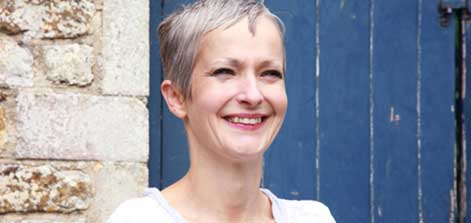Tizliz
I could do with some help on what to eat/or not eat to prevent headaches and migraines. I know what people consider trigger foods but I can't relate to them and wondered if there were any new ideas. I have arthritis but can't take nsai and paracetamol gives me headaches.
Tizliz, as a sufferer of headaches and migraines for many years (before I found my cure) I know how debilitating they can be. The classic trigger foods are cheese, citrus fruits, chocolate, coffee and red wine, but as you have found these aren’t always a cause for some people. I would suggest keeping a diary of what you’re eating, drinking and when your headaches and migraines occur. If they don’t tend to occur daily, it’s worth keeping this diary for, say, a month. Women especially may find they have clusters of headaches during the same time each month, even after the menopause.
Look at your diary and check that you’re well hydrated; ideally, you need to drink 2.5 litres of water or herbal tea a day. You might also look at whether you’re drinking too much coffee. There isn’t an absolute figure, but I tend to think a couple of cups maximum per day is wise, but even this can be too much for people sensitive to caffeine. If you’re drinking more than this, then you need to make sure that you reduce your intake slowly as caffeine withdrawal headaches can be horrible. But it’s worth decreasing the quantity to see if you can obtain a clearer, less painful head. Lack of sleep can be a trigger, too. If this is a key concern for you, then look at your sleep routine and perhaps think of simple things like drinking soothing chamomile tea at night. A glass of milk is a traditional remedy worth trying, as its magnesium content helps us to drop off.
Eating small meals regularly so that you’re not getting hungry can help, as can avoiding sugary foods, such as sweets and cakes, which can make our blood sugar levels wobble – it’s the blood sugar changes that can aggravate sensitive heads. For some people, taking a vitamin B2 and Co-enzyme Q10 supplement combination can decrease migraines - it’s this that has been my saviour – but check with your GP before starting any supplements as you want to make sure they don’t interfere with any over-the-counter or prescription medication you may be taking.



